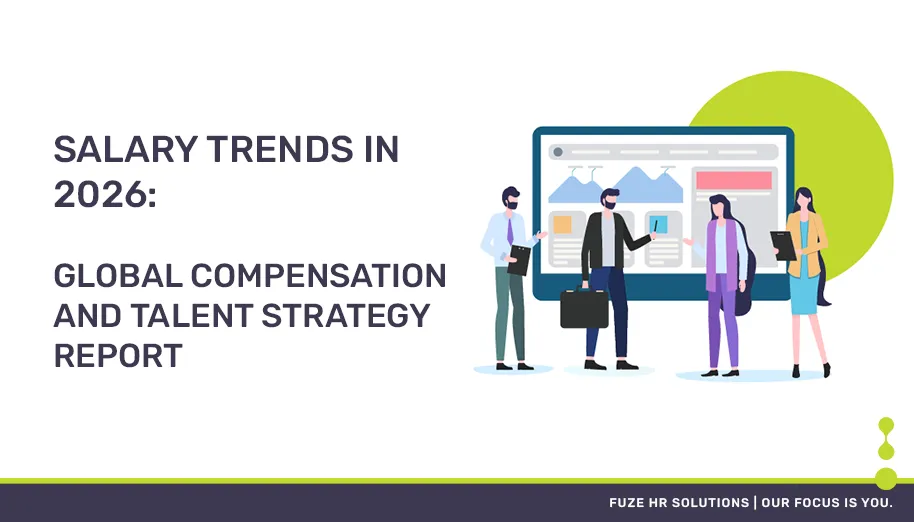AI tools have made it easier than ever for job seekers to create a résumé or CV in minutes. With a single prompt, you can get a clean layout, bullet points, and keywords that match your industry. The problem is that hiring managers are now seeing a major uptick in AI-generated CVs, and most of them look and feel the same. They read as generic, lack substance, and fail to capture the personal voice that sets strong candidates apart.
In our previous article, we talked about why the human touch still matters. This time, let’s go deeper. Instead of avoiding AI, the goal is to use AI smartly for CVs so you keep authenticity while gaining real value from the technology. When AI is used with intention, it can become a powerful partner in your job search. Used blindly, it works against you.
Why AI-generated CVs Get Rejected
Hiring managers are not guessing anymore. They can spot an AI-generated résumé in seconds. Why?
- The structure gives it away. Most tools follow the same formatting style and use similar headings, spacing, and punctuation. When you’ve reviewed hundreds of CVs in a week, those patterns stand out.
- The language sounds identical. AI tends to recycle the same vocabulary to describe achievements or responsibilities. Everything becomes “driven,” “results-oriented,” or “skilled at strategic collaboration.”
- There’s no story. Many of these CVs are clean but empty. They don’t explain how your work mattered, what changed because of you, or why your experience is unique.
Hiring managers we spoke with said that they often rate AI-generated CVs around 5 out of 10 because they feel flat. They know job seekers use AI for speed, not strategy. And when a CV feels like anyone could have written it, it loses power.
So the question is not whether you should use AI. It is how you should use AI to your advantage.
What HR Managers Recommend
Our hiring managers shared practical advice on how candidates can get real value from AI without losing the human qualities that employers look for. Here are their top suggestions.
- Use AI to tailor, proofread, and align with the company’s tone
Instead of asking AI to create a full CV from scratch, give it your experience and ask it to help refine it. For example, take the job description of the company you’re applying to and ask AI: “Adjust my résumé tone and bullet points to better match this company’s expectations while keeping my achievements intact.”
This keeps your own story in place while helping you speak the company’s language.
If researching isn’t your strength, use AI for that
Many job seekers struggle not with writing but with understanding what a company or industry expects. You can use AI to:
- summarize a job description
- extract key skills recruiters want
- suggest industry specific keywords
- explain responsibilities for your target role
This cuts out a lot of groundwork and makes it easier to write a stronger CV on your own.
- Add the human touch back in
Hiring managers can tell when every line was generated by a machine. To fix that, you need to add details that only you can provide. These include:
- relevant data
- personal achievements
- context that shows how your work made a difference
Numbers and examples make a CV feel grounded. They turn responsibilities into real stories. AI can help organize your thoughts, but you need to give it something meaningful to work with.
How To Use AI To Your Advantage
 To truly use AI smartly for CVs, change the way you interact with the tool. Instead of generic prompts, push AI to think deeper and act like a professional who understands resumes from the employer’s point of view.
To truly use AI smartly for CVs, change the way you interact with the tool. Instead of generic prompts, push AI to think deeper and act like a professional who understands resumes from the employer’s point of view.
- Give specific instructions and challenge basic answers
AI tends to create results based on what is already widely available online. If your prompts are vague, your output will feel generic. Instead, try something like:
“Act as a senior recruiter. Review my CV and tell me what is missing, what sounds vague, and what you would change.”
Then take the feedback, improve your CV, and repeat the process until it reflects your story clearly.
- Ask AI how to incorporate data naturally
Another useful approach is to ask AI:
“Act like a hiring manager. Tell me how to integrate measurable outcomes into my experience so it feels natural.”
It might suggest ways to show impact, such as increasing efficiency, improving client satisfaction, or managing projects. These suggestions help you turn everyday tasks into meaningful results.
- Stay true to your voice and experience
AI is a tool, not a storyteller. It can enhance your writing, but it cannot speak about the unique path you’ve taken. The moment you rely on AI entirely, you blend into the crowd. When you feed AI with specific facts and examples from your own journey, you rise above the generic applicants.
- At the end, AI can’t tell your story for you
This is the bottom line. AI can help shape your CV but cannot replace your experience. When you merge the efficiency of AI with your own clarity, personality, and data, you stand out far more than candidates who rely on instant templates.
Final Thoughts
To use AI smartly for CVs, think of it as a writing partner, not a shortcut. Let it help you research, refine, and adjust tone. Let it challenge weak points in your résumé, but keep the heart of the document your own. Hiring managers want authenticity, clear achievements, and a voice that sounds like a real person.
When AI handles the heavy lifting and you bring the story, you get a résumé that feels sharp, honest, and far more compelling than a copy paste template. And that is what gets noticed.
If you want, I can refine the tone further or tailor this article to a specific audience or publication style.





